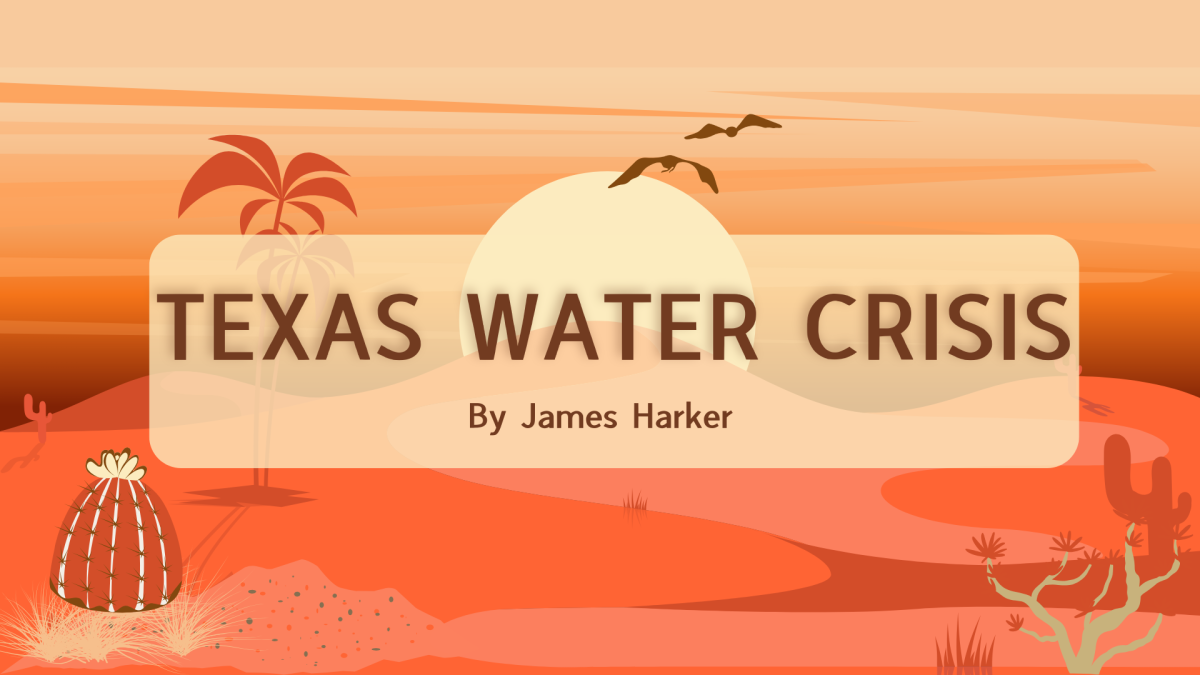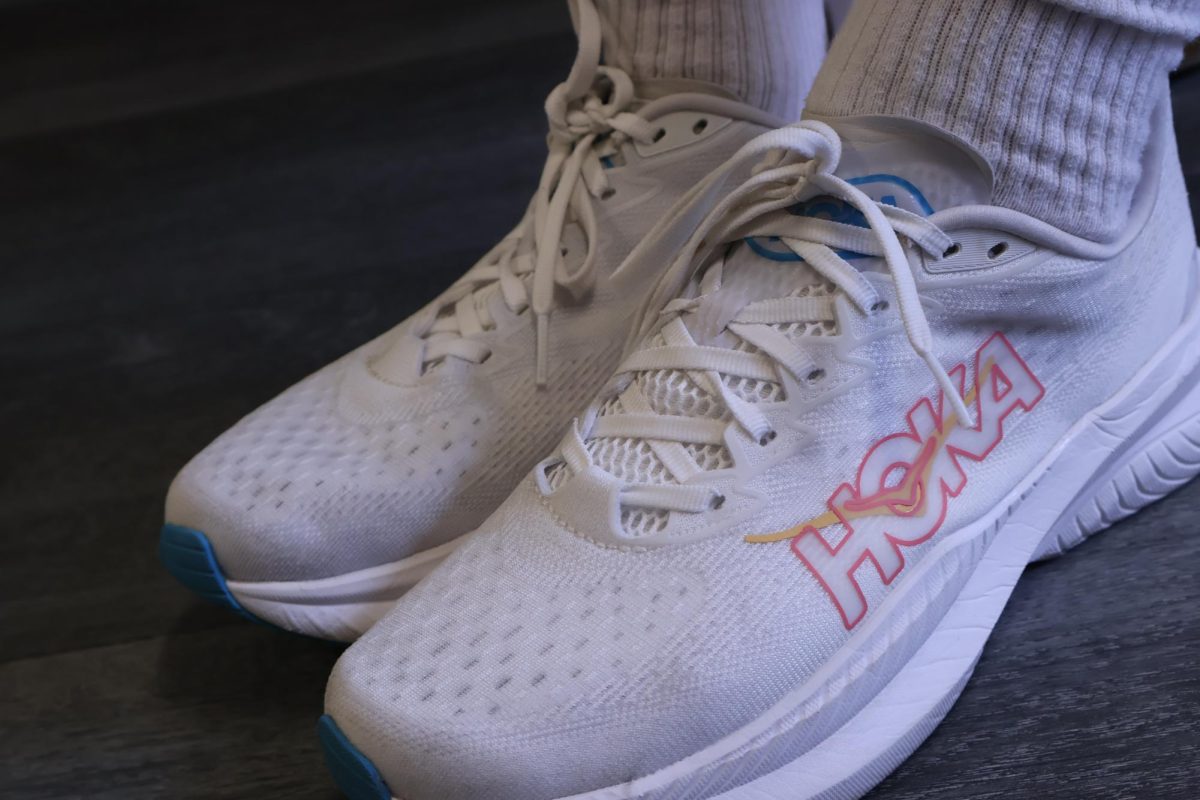How to Reduce Water Pollution
Water is essential to life, yet people and animals are getting sick by drinking it. Why? Pollution. We are the cause of hundreds of thousands of animals dying each year because we can’t take the take to properly dispose of things or throw our trash in a trash can. We need to stop the pollution and if you follow these tips all the lakes and rivers will be crystal clear again in no time.
Use Fewer Plastic Products – Plastics that end up as ocean debris contribute to habitat destruction and entangle and kill tens of thousands of marine animals each year. To limit your impact, carry a reusable water bottle,store food in non-disposable containers and don’t use plastic bags at grocery stores.Don’t throw litter into rivers, lakes or oceans. Help clean up any litter you see on beaches or in rivers and lakes, make sure it is safe to collect the litter and put it in a nearby dustbin.Be careful about what you throw down your sink or toilet. Don’t throw paints, oils or other forms of litter down the drain.

Help Take Care of the Beach – Whether you enjoy diving, surfing, or relaxing on the beach, always clean up after yourself. Explore and appreciate the ocean without interfering with wildlife or removing rocks and coral. Go even further by encouraging others to respect the marine environment or by participating in local beach cleanups.
Prevent Runoffs – Properly dispose of motor oil and household chemicals.Never pour chemicals on the ground or in storm drains, where they will eventually make their way into a stream or river and at the end,in the ocean. Motor oils and household chemicals can harm, and even kill, aquatic life. Used motor oil should be taken to oil recycling facilities.Also, use fertilizers and pesticides sparingly on lawns and gardens. Excess fertilizer and pesticides can wind up in a runoff and harm the ocean. Use fewer chemicals to clean your home. It’s an easy switch that makes a big difference. Using toxic chemicals like bleach and ammonia to clean your home is not only bad for the water supply, it’s not necessary. Natural cleaners are just as effective at getting the house clean, and you don’t have to worry that you’re contributing to water pollution when you use them.
Support Organizations Working to Protect the Water – Many institutes and organizations are fighting to protect ocean habitats and marine wildlife. Find a national organization and consider giving financial support or volunteering for hands-on work.If you live near the coast, join up with a local branch or group and get involved in projects close to home.
Conserve water – You can converse by turning off the tap when running water is not necessary. This helps prevent water shortages and reduces the amount of contaminated water that needs treatment.
Everyone can make a difference with helping our water!

Rohan is an innovative 8th grader who loves all things to do with the sea. He is actively trying to get people to conserve water and he is working on stopping...




















